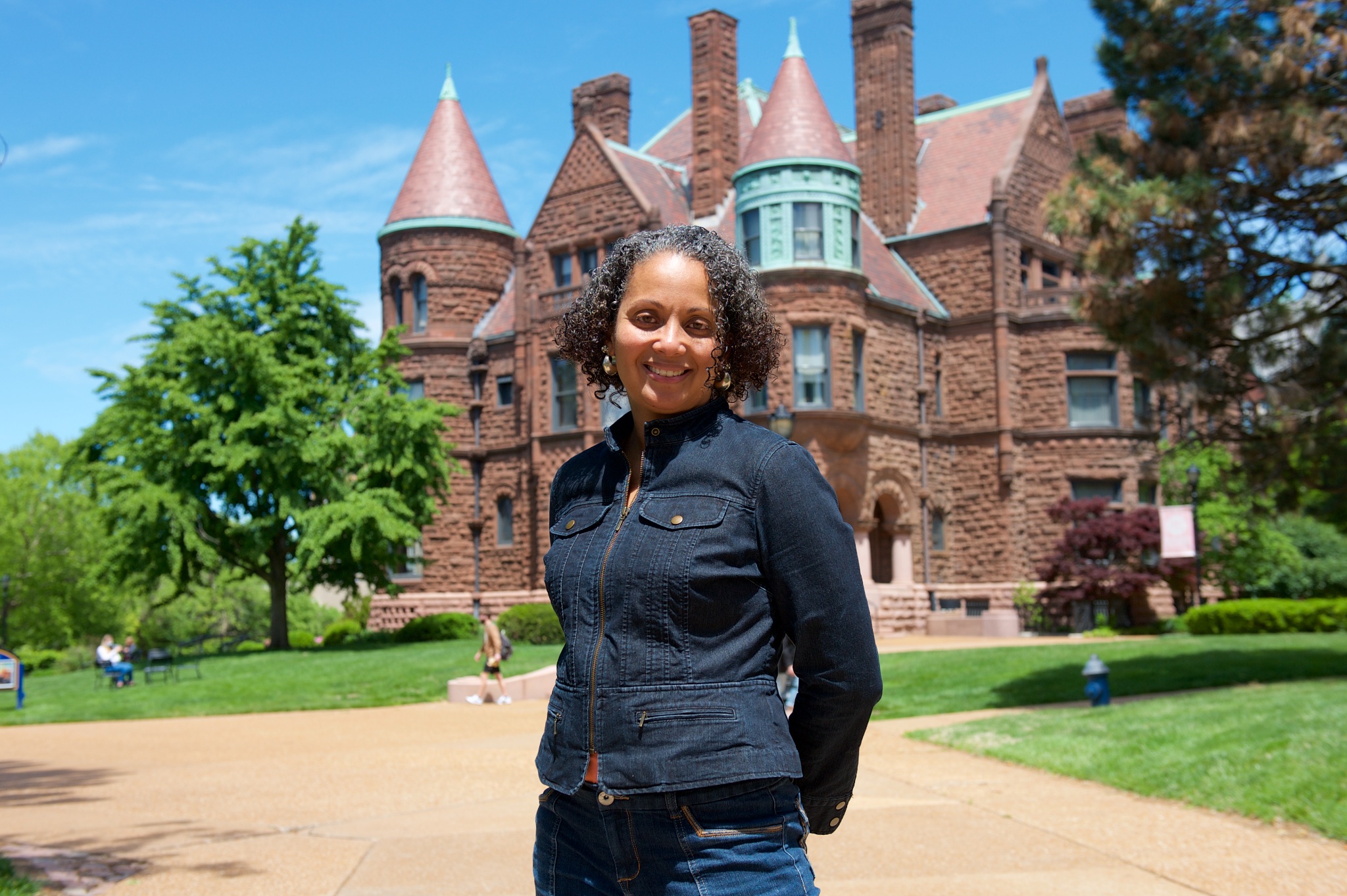Public Health Stories: Rhonda BeLue, PhD
Rhonda BeLue, PhD, is Professor and Chair of the Health Management and Policy Program at Saint Louis University’s College for Public Health and Social Justice.
The following profile is a portion of a collaboration storytelling effort between the City of St. Louis Department of Health, its Joint Board of Health and Hospitals, and Humans of St. Louis to examine public health in the St. Louis community.
“If you don’t address people’s physical, mental, and social wellbeing, what else is there?
Dr. BeLue: I want to be a jewelry designer, but that’s my retirement job. My daughter’s graduating high school and going to college next year. I maxed out my Craft Alliance classes. So I thought, ‘What do I want to do?’ My mom passed away in 2016, and she was kind of artsy. She used to draw and there was always a craft room in the house. I’ve always taken classes in metalsmithing and clay. I always have yarn in my purse for crocheting. Anyways, I started out as a math and engineering person and did my master’s in statistics. I didn’t want to always do research on statistical methods or be someone else’s statistician though. So through my own experiences in health equity and racism and healthcare, I started to lean more towards health policy. I had been working in the health policy department at Penn State for 12 years when I started looking for another position that would be more community-focused. Loved it, but it was in a bowl surrounded by mountains, 80 miles away from a town with any diversity. And although it was a great experience being there, it was time to go. I was never planning on being a department chair because they say it’s the hardest position in the universe. But that’s how I ended up here. And right when I arrived, I was asked to be on the City of St. Louis Department of Health board.
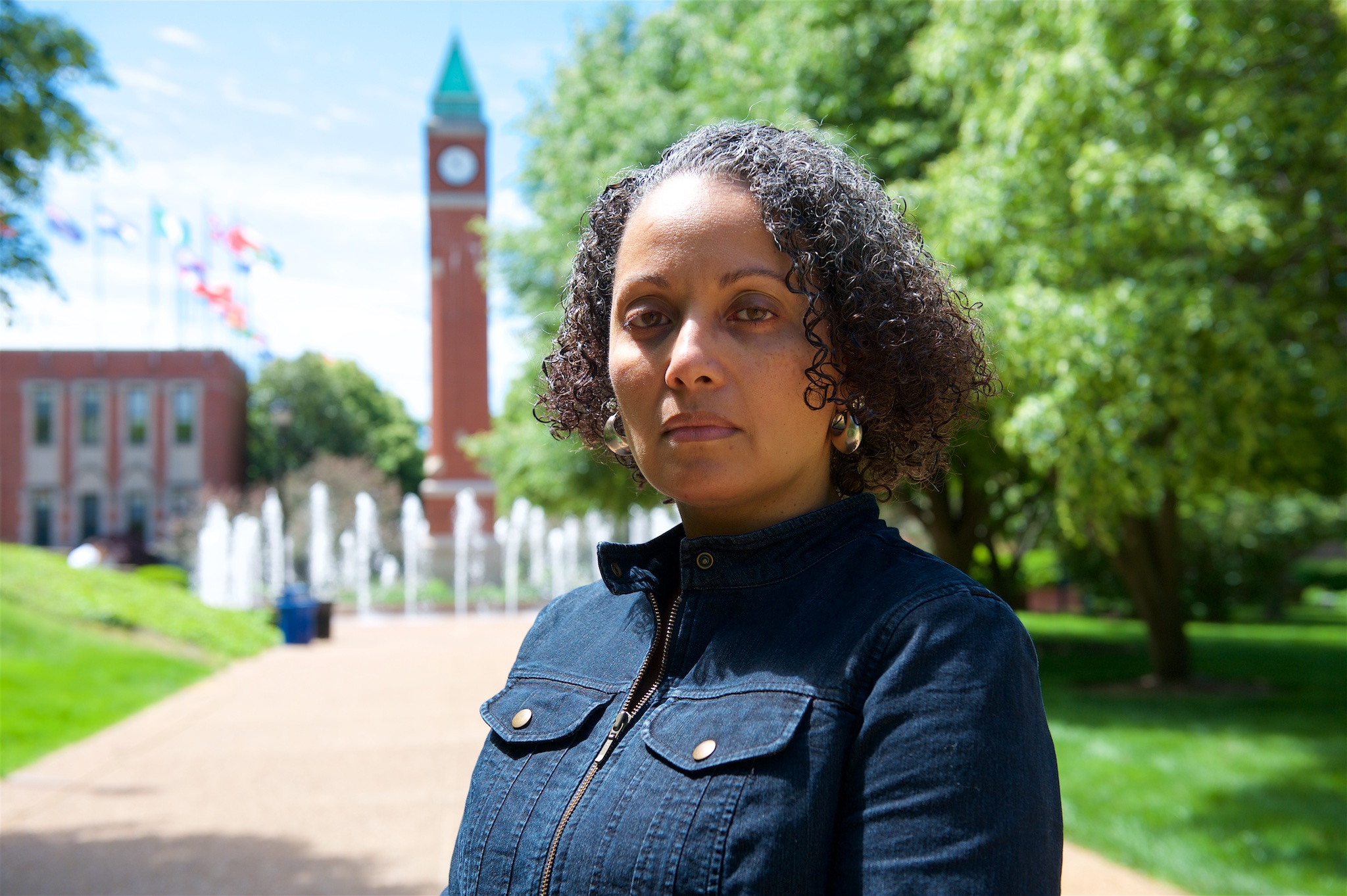
Growing up, I’ve probably had more interactions with the health system than the average person. My dad’s a double amputee from Vietnam. Both his legs were blown off in a tank. So I had an early exposure to the VA system. I have some expertise in talking with government people who won’t replace my dad’s wheelchair until it falls apart, in public — which it’s done. My mom had an aneurysm after I was born. She had diabetes. She was always ill. So I was at the doctor a lot with my parents as a kid. I saw how people talked to my dad, like so loudly, and I’d say, "You don’t have to bend over and talk loud. He doesn’t have legs. He’s not deaf."
Then, as an undergrad, I was a biochem and math major and at one point I had this nine-centimeter hemorrhaging cyst. I ended up going from student health to the hospital in an ambulance. I got there and the provider said it looked like an ovarian torsion and gave me an ultrasound. But then they ignored that and insisted I had a sexually transmitted infection. I remember the door to my room was open and outside and I heard one of the residents say, "Well, it must be an STI because she’s Black." My friend went out to the hallway and cussed everyone out. Then the doctors ended up contaminating my urine sample somehow and told me, "Maybe your stomach hurts because you have diabetes." I said, "If I had that much sugar spilling in my urine, I would be in a coma. Why don’t you redo it? And why am I telling you this when you’re the MD and I’m 23?"
They sent me home and I had to come back to demand emergency surgery. The director of OBGYN at that time was a woman who became my hero at my young age because she confronted her colleagues in the emergency room and made a new policy saying anyone who comes in with lower abdominal pain will now have an ultrasound. They had sent me home with antibiotics and an order saying "no signs of infection, must be a latent infection." She was like, "How in the world could they not feel a nine-centimeter coagulated cyst?" Had I not gone back the next day and demanded an ultrasound, it would have killed me.
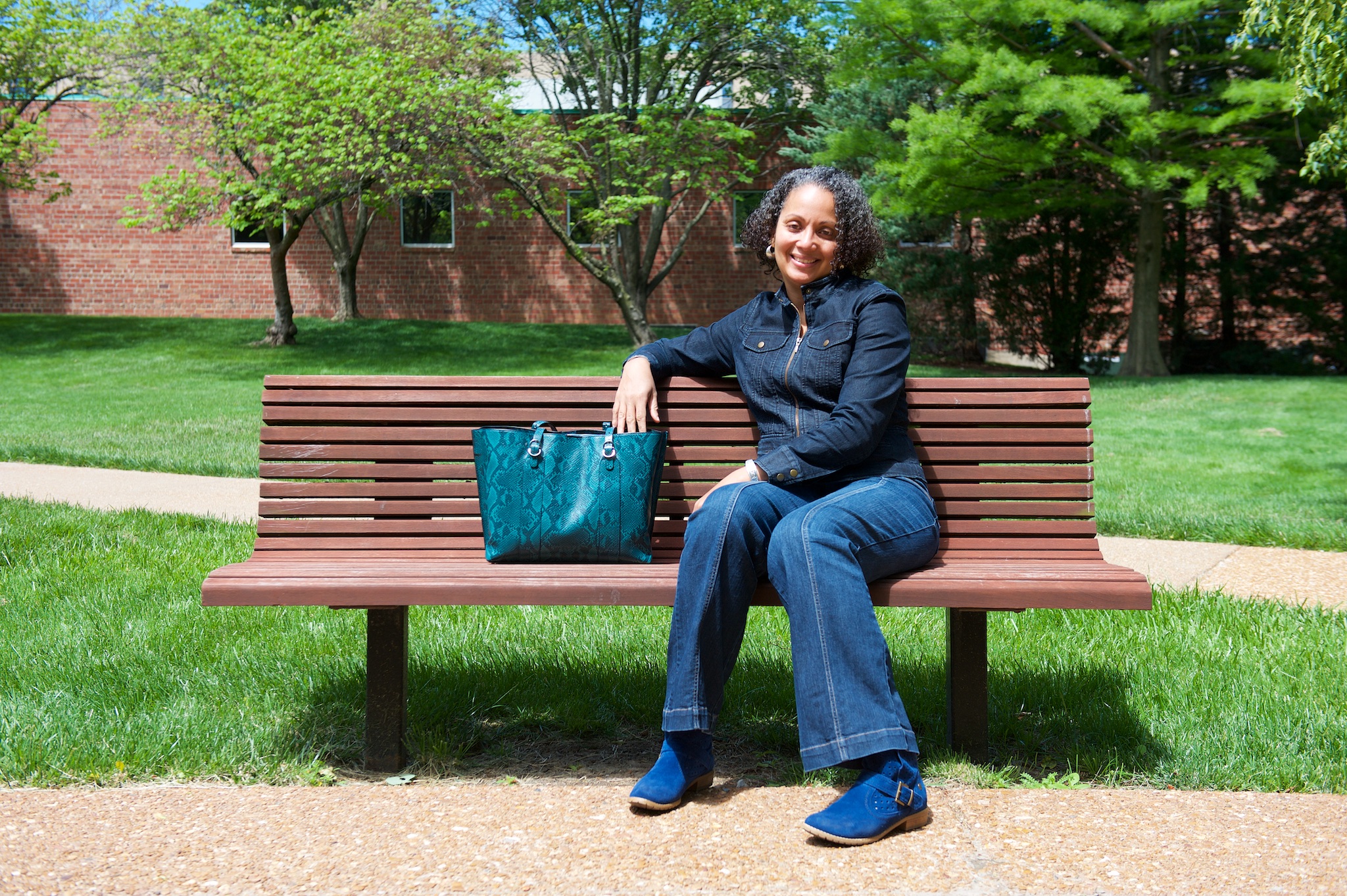
If you don’t have health, you don’t have anything else. If you don’t address people’s physical, mental, and social wellbeing, what else is there? My dad is still alive, but by the time my mom passed away, they were both in wheelchairs. My mother had one leg amputated. My dad had both amputated. At one point, I had two parents with one leg. Mon was legally blind. Despite all of that and some of the stuff I went through as a kid, all the odd stuff in my family, and the things my parents went through, the only reason my dad ended up in a wheelchair in Vietnam was that he was a poor kid from Detroit and they drafted the poor kids. So that’s a health equity and disparities issue because that’s how the draft works. And through all of that, I still grew up privileged. I still have an obligation to work hard. My dad would always say, "You have two arms and two legs. There’s nothing wrong with you. What are you doing? Work hard." My dad is 74 and still works hard. I came from conditions where I can’t be a lazy punk.
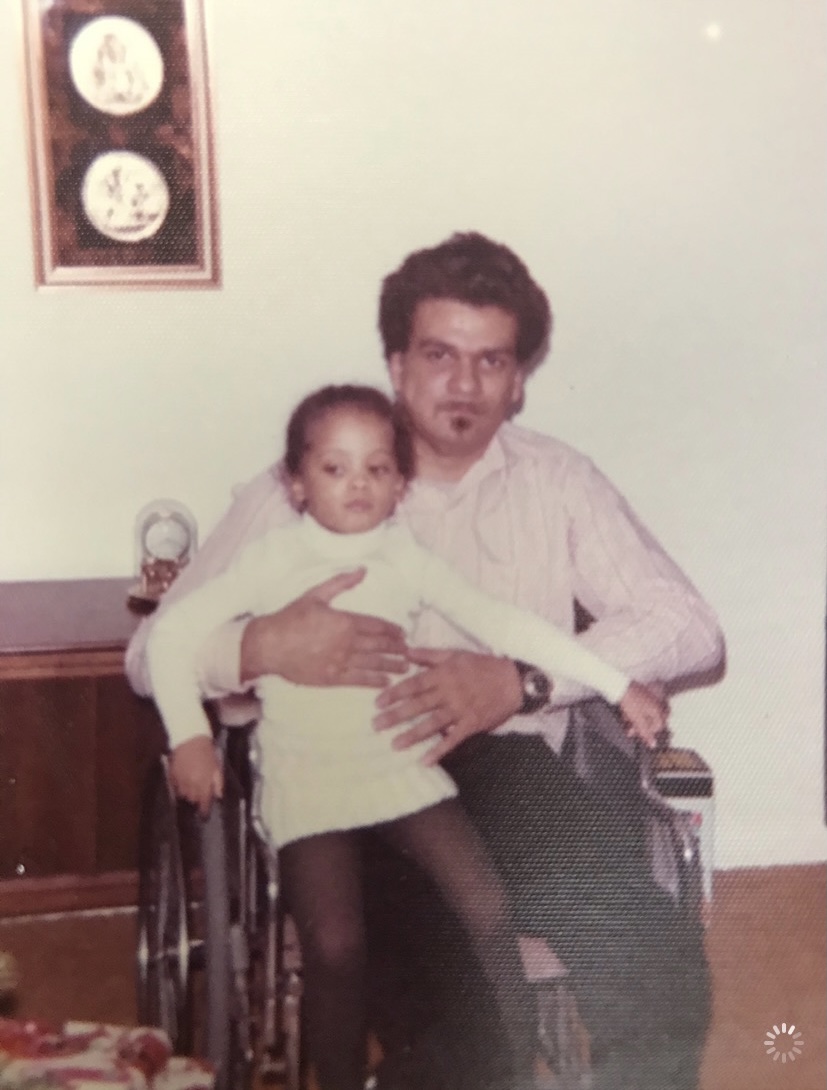
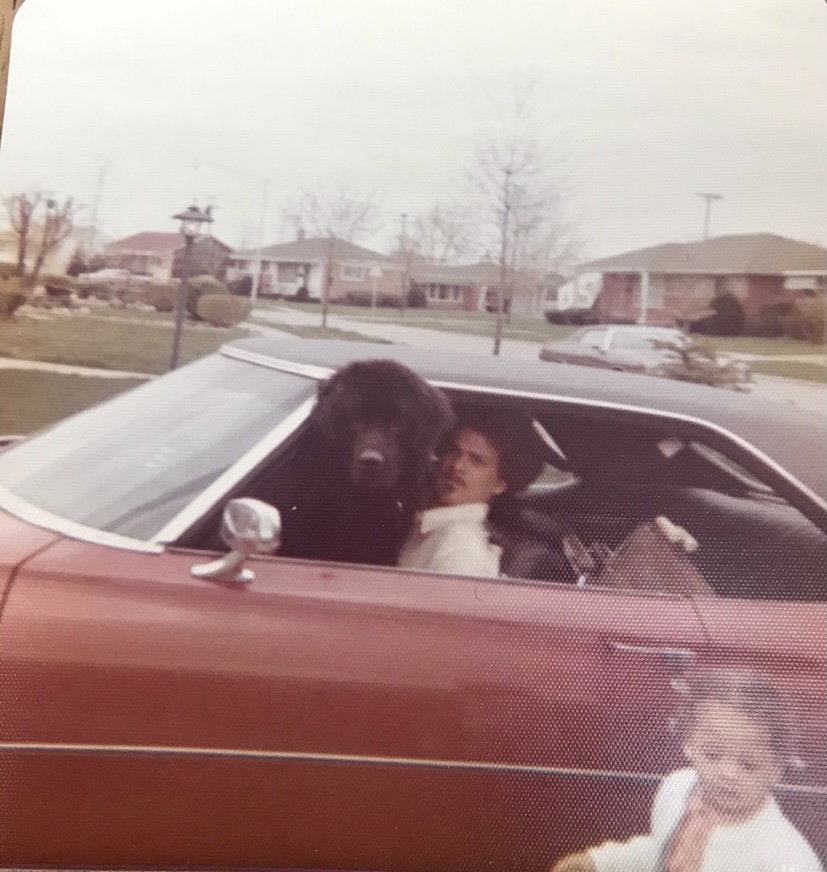
When I was younger, my dad had PTSD, so he was very aloof. Then he was consumed with my mother’s mental and physical health, so he didn’t really know how to relate to me until I was an adult. Now we have a great relationship. But when I was a kid, we didn’t really talk. Not in a negative way. It was just kind of silent. After I was born, he went to college part-time and became a hazardous waste chemist. Whenever I see him, he’ll have these crazy war stories. A new one will pop up every year. Some of them are finally coming out after 50 plus years. His hand will shake and I’ll ask, "Did you go to the doctor for that? Could it be Parkinson’s?" And he’ll say, "Hey, when you’ve been blown up a couple of times, you start to shake when you get older." I’m like, "Okay… We’ll just leave that right there."
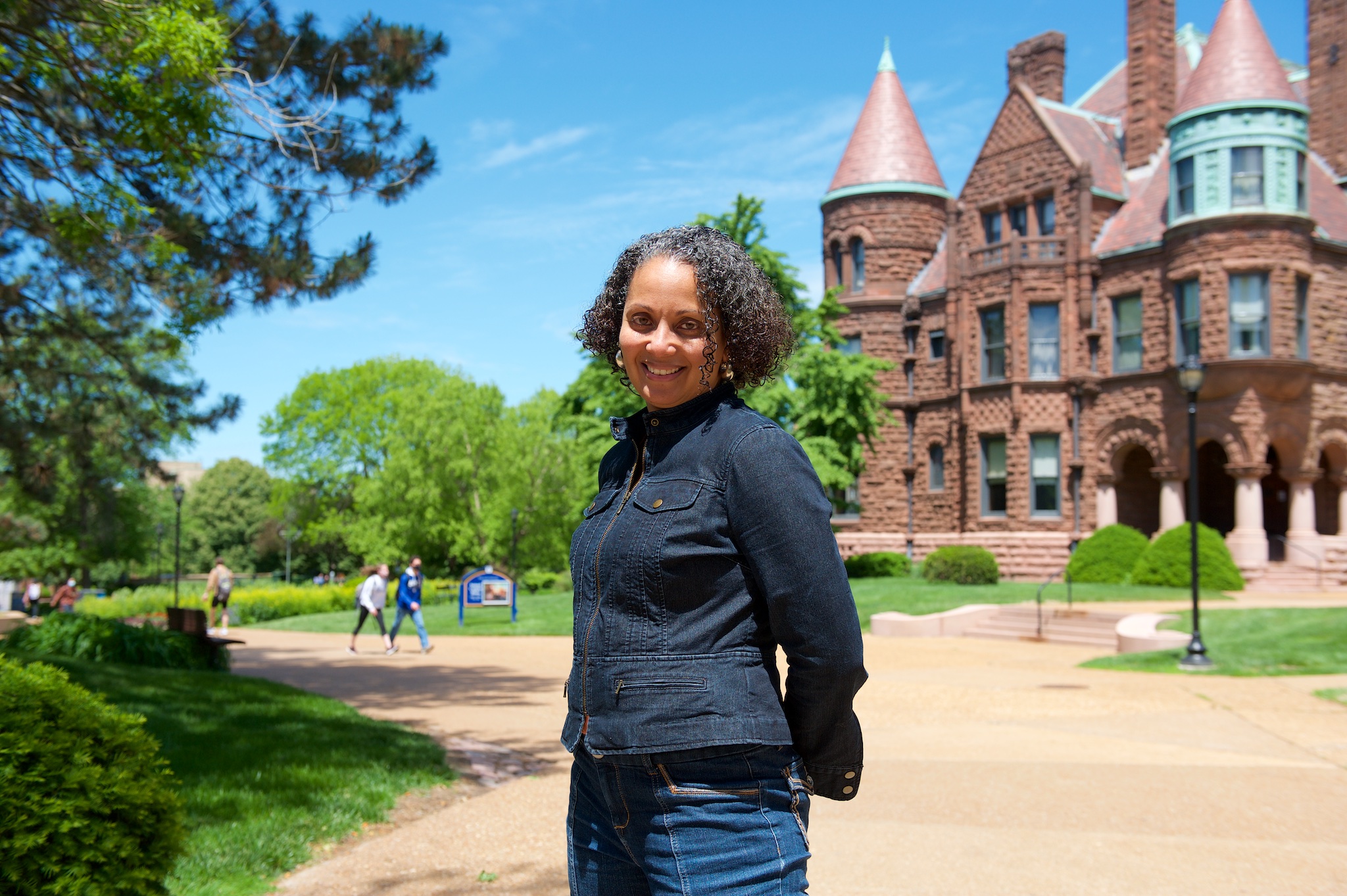
Humans of St. Louis: “How do you define public health? Why is it important? And why should people care?”
Dr. BeLue: Public health is important because it’s all those things that are highly visible. Of course, right now, everyone thinks public health is COVID shots, precautions, mask-wearing, not being able to do what we want to do because of restrictions. Public health has been brought to the forefront because of the pandemic. But it’s also why you go to a restaurant like Burger King to have a Whopper or Impossible burger and you don’t get diarrhea. You can go jogging and not get bit by a rabid dog. You can get a tuberculosis test. You can get an HIV test. Your water’s not contaminated. It’s all of the things that don’t happen to you because of public health that people don’t usually think about on a daily basis. Until something bad happens, like COVID, it’s not like it’s this hot social media meme. It’s not exciting. Like, "Hey! I went to St. Louis Bread Co. and I didn’t vomit after. Thank you, public health." But, I mean, who says stuff like, "I went jogging today and I did not get bit by a rabid dog." Maybe I should start a social media campaign about that.
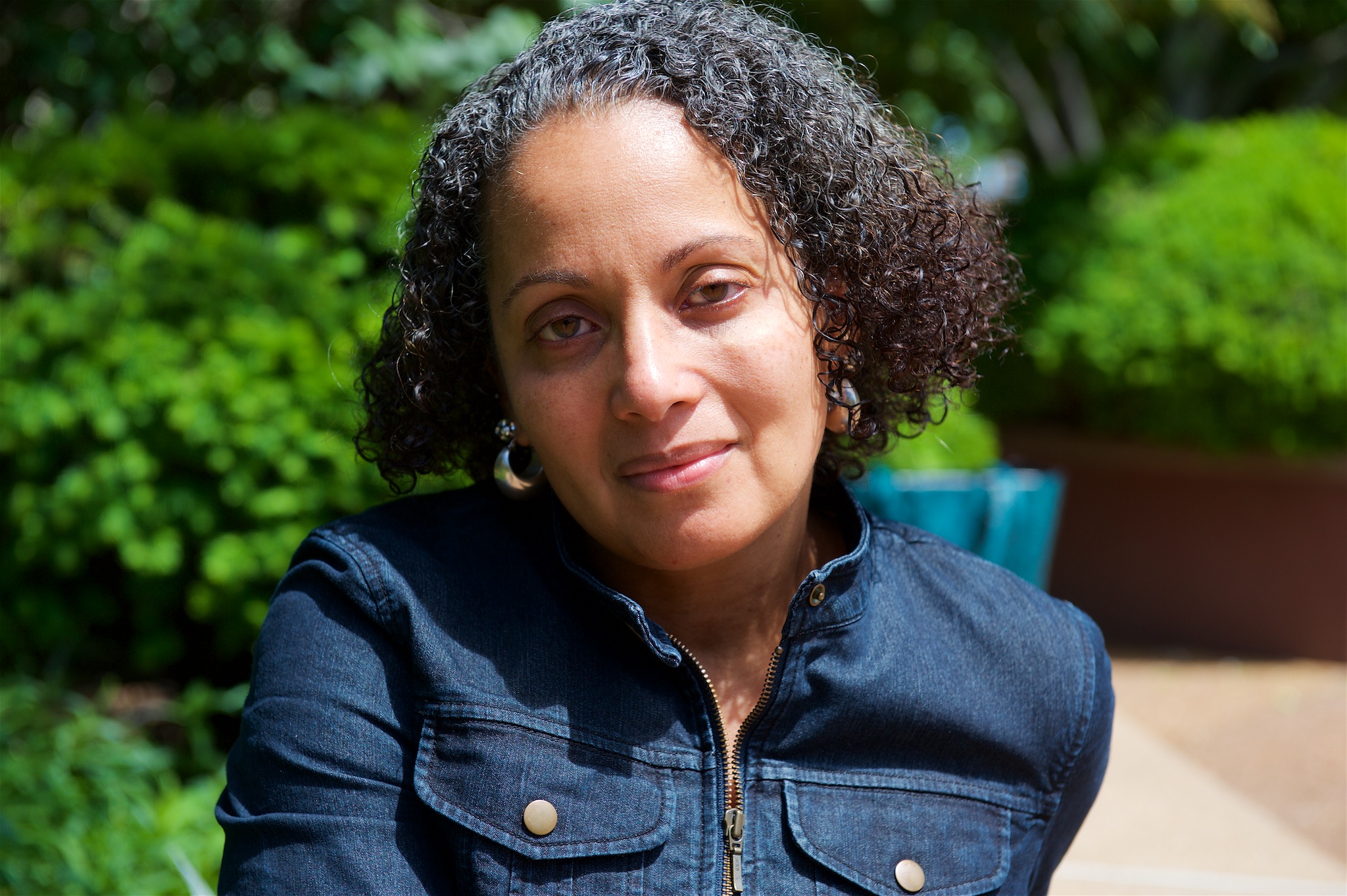
Humans of St. Louis: Why do individuals not typically think of public health as something that involves each and every one of us?
Dr. BeLue: It really depends on the community. I live in Clayton, so I can go walk around outside and everybody has a dog. You ask what kind of dog people have and they say things like, "He’s a Golden Retriever and Cavalier King Charles Spaniel mixed from a breeder." Meanwhile, I have a mutt from APA. Well, I do a lot of work with local nonprofits in the Promise Zone. And you go there and nobody’s walking around with the Maltipoo Cavalier Spaniel blah blah blah mix. So what are you going to tell people over in my neighborhood about public health who were vaccinated and ready to go pretty early versus people living in North City who didn’t readily have access to getting immunized? With respect to crime, since gun violence is a public health issue, what are you going to tell people in Clayton who are afraid to go to certain parts of town? What are you going to tell that community versus this community? There’s no uniform messaging because people’s lives aren’t uniform. When COVID started, African Americans were dying faster. Fourteen City residents of the first 17 who contracted COVID and died were all Black people. People are like, "Wow, that’s terrible that people of color are dying more." But that happens with every other illness: diabetes, hypertension, the flu. Name it.
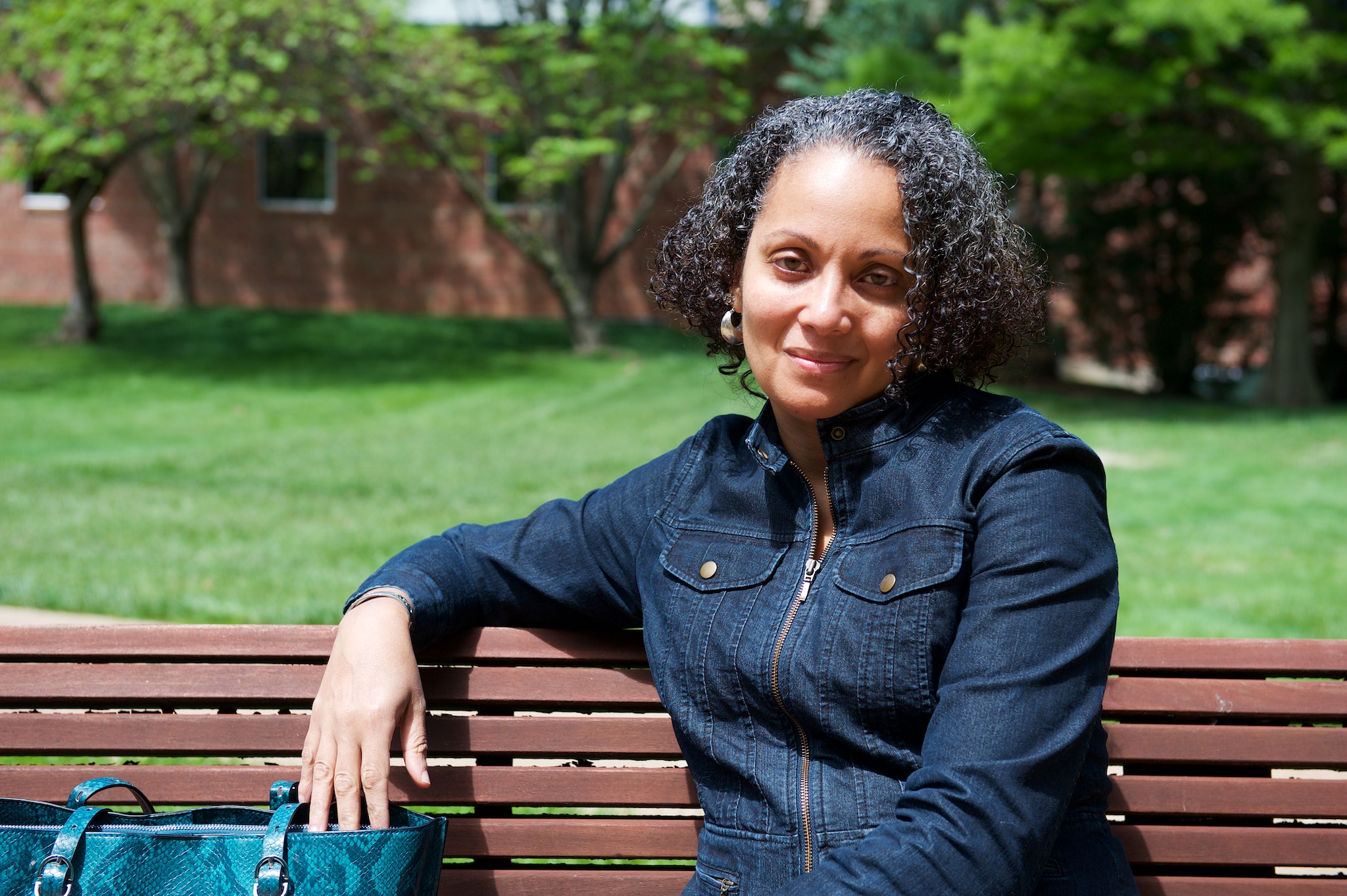
Sometimes at the end of the day, I buy myself something online or get a smoothie or treat myself to a little something just to reward myself for the time I’ve had to hold my tongue during the day. I have been at recent events that present COVID disparities as a ‘new thing’? But, this stuff happens all over St. Louis every day — violence, poverty, employment opportunities, and on and on. It happened before COVID and now COVID’s just adding to that. But, all these health equity issues were suddenly brand new to the general population and I was sitting there wondering, how? Of course, the same thing happens with COVID because all of the underlying social issues are still there. The same social issues that make Black people predisposed to and dying from diabetes are the same ones that make them get COVID and die from COVID.
The whole wow-ness of health equity issues is not a new one. Think about insulin shots and flu vaccines. And, it took a long time in the supply chain to even secure COVID vaccines to distribute. Yeah, equitably distributing vaccinations is great, but you have to have something in the first place to equitable distribute it. What systems do we realistically have in place to equitably distribute resources? We’re still trying hard to figure out how to get COVID vaccines out to everyone. Sure, you can hop over to Walgreens to get a vaccine, but do you have to go online to make an appointment first?
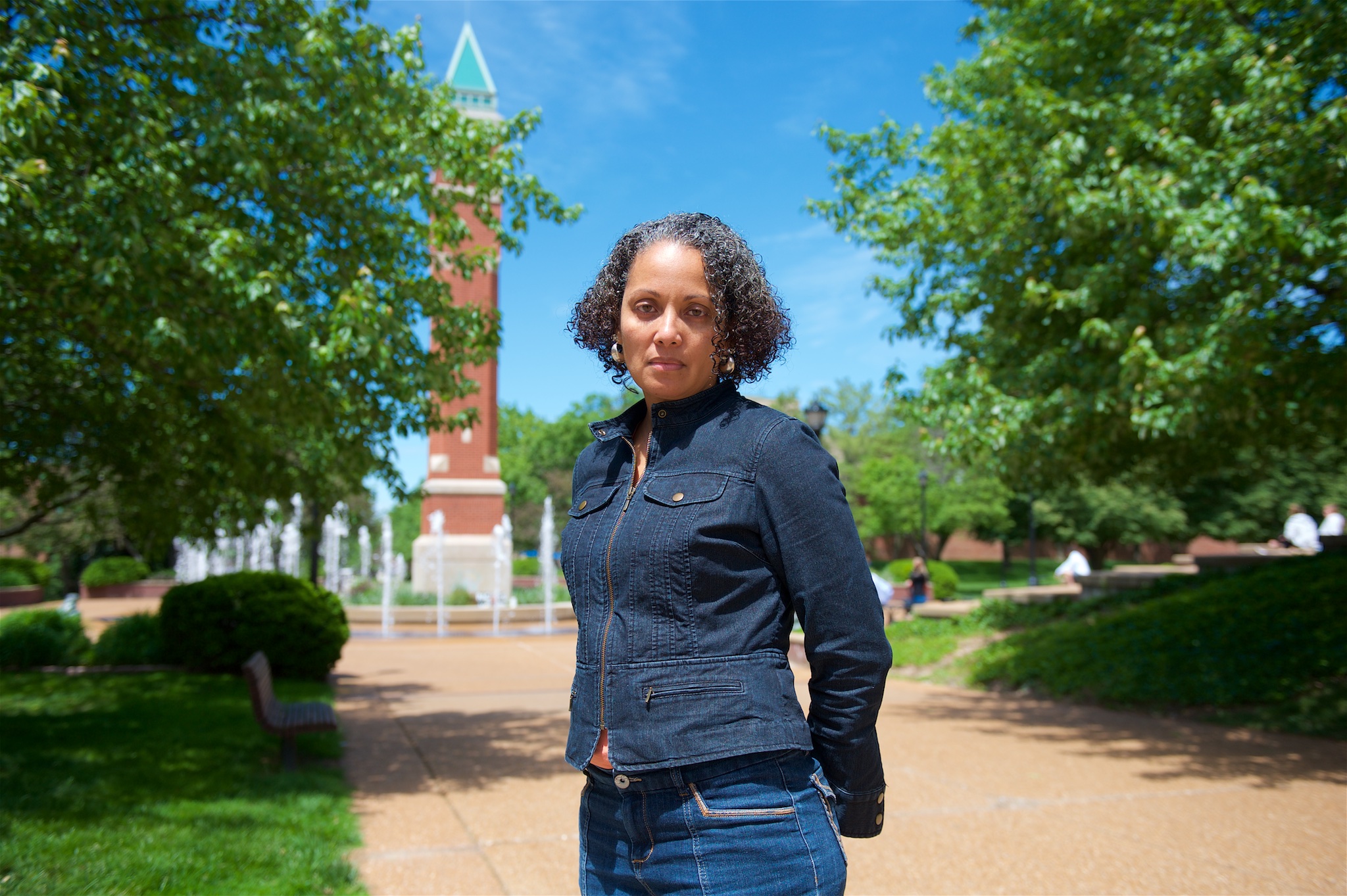
I’ll tell another story. I’m glad you’re a storytelling person. When I was going through the tenure process, things were stressful and there’s always more work to be done. It’s like having an orangutan on your back with sharp claws, clawing at you to make sure you don’t get fired. Then after you get tenured, you can either just toss the whole monkey off and be a lazy person, or you can do what you’re supposed to be doing but then you have like a declawed giant gorilla on your back.
So when I was going through this process, I told my mom about my job, and she asked, "Why are you so stressed out? What is it that you do every day?" I told her more specifically about my research about why chronic diseases and outcomes are worse among certain ethnic groups and she said, "Really? That’s what you do? I knew all that stuff. We’ve all known that. Everybody knows that. You just do that so that academic people know?" I said, "I guess so."
You know, we look at these communities that have been disenfranchised for generations where there’s high crime, high violence, high poverty, and maybe someone tosses a few million dollars in a grant into them. Money’s great. Bring all the money you can. Those places deserve all the resources and money they can get. But it doesn’t undo generations of structural racism and systematic disenfranchisement. People always get excited about a certain amount of money, but it’s not going to fix things if the social structures and policies are still there.
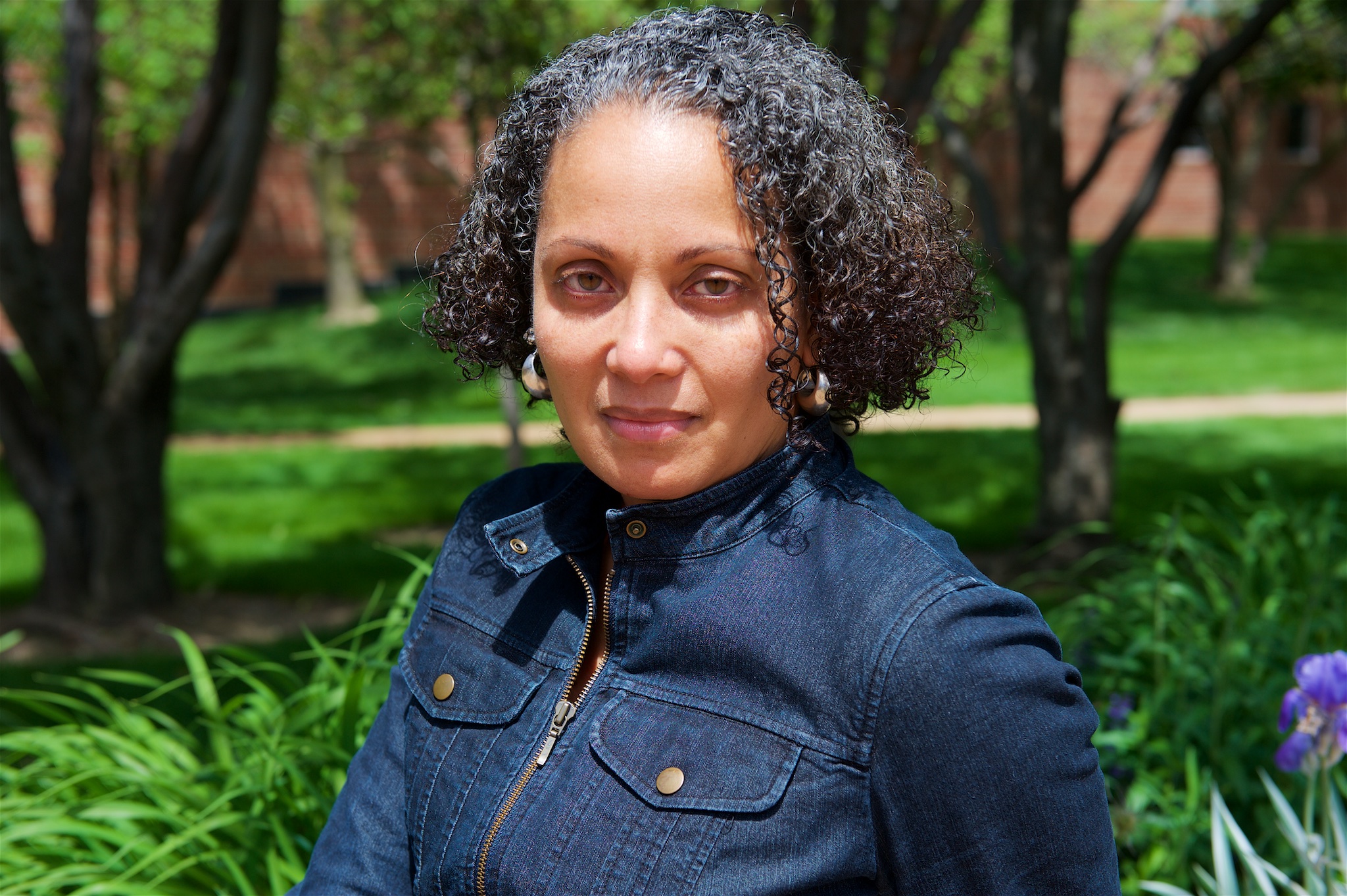
Humans of St. Louis: To what extent do you go to, or not go to, to educate people about how racism is a public health issue?
I go back and forth between not wanting to convince people that racism is a public health issue versus working with the people who get it to try to move the needle even more. As a professional, I have to educate as many people as I can. But in my personal life, sometimes it’s hard and tiring to balance my personal and my professional experiences. My daughter’s half Senegalese, and I started going to West Africa for dance and then dance friends and family were dropping dead from undiagnosed diabetes. It became this whole program of research for my work, so I take students with me over the summers. Well, I had one cohort who didn’t believe me when I told them that diabetes is a significant issue in West Africa. And when I asked students to bring diabetes test strips, rapid hemoglobin tests, and collect money for supplies beforehand, instead they showed up with candy. The majority of the population is Senegal is Muslim, and the students came with Starbursts, which has a pork derivative. I just couldn’t believe they thought everybody must have malaria and AIDS, when in fact HIV prevalence is less than 0.08%
Well, we were doing a project taking people’s hemoglobin A1C and we ran out of test kits. The social connections are tight in Senegal, word of mouth gets out, and we ended up with 50 more people wanting to get tested than the number of tests we had. So my Senegalese friend said, "Let’s just pay for the extra tests out of pocket. We won’t use the data for research purposes, but we won’t turn the people away. We can pay the money. We’ll be broke for a week, but we’ll be fine when we get back home." So I turned to a student and asked her to pick up a box of lancets that cost like $2. She said, "Why would I spend money on these people if it’s not going to be data for my project?" My research assistant who is from the community we were working in started screaming and there was this big smackdown in the waiting room of the internal medicine wing of the hospital.
The student ended up running away to an office full of mosquitoes and I told my assistant, "Leave her alone. She’ll come out when she’s ready. Let’s take care of these folks to do what we need to do." Later, I had to explain to the student why I was calm in the moment and needed to just keep moving. In general, I have an infinite amount of energy — as much as God lets me have — but, on a daily basis, I have a finite amount of energy. I can stay awake for a certain amount of hours. I can choose how to use those hours. And that day, I chose to serve folks first and deal with that student afterwards. Because, honestly, we have a certain amount of waking hours during the day.
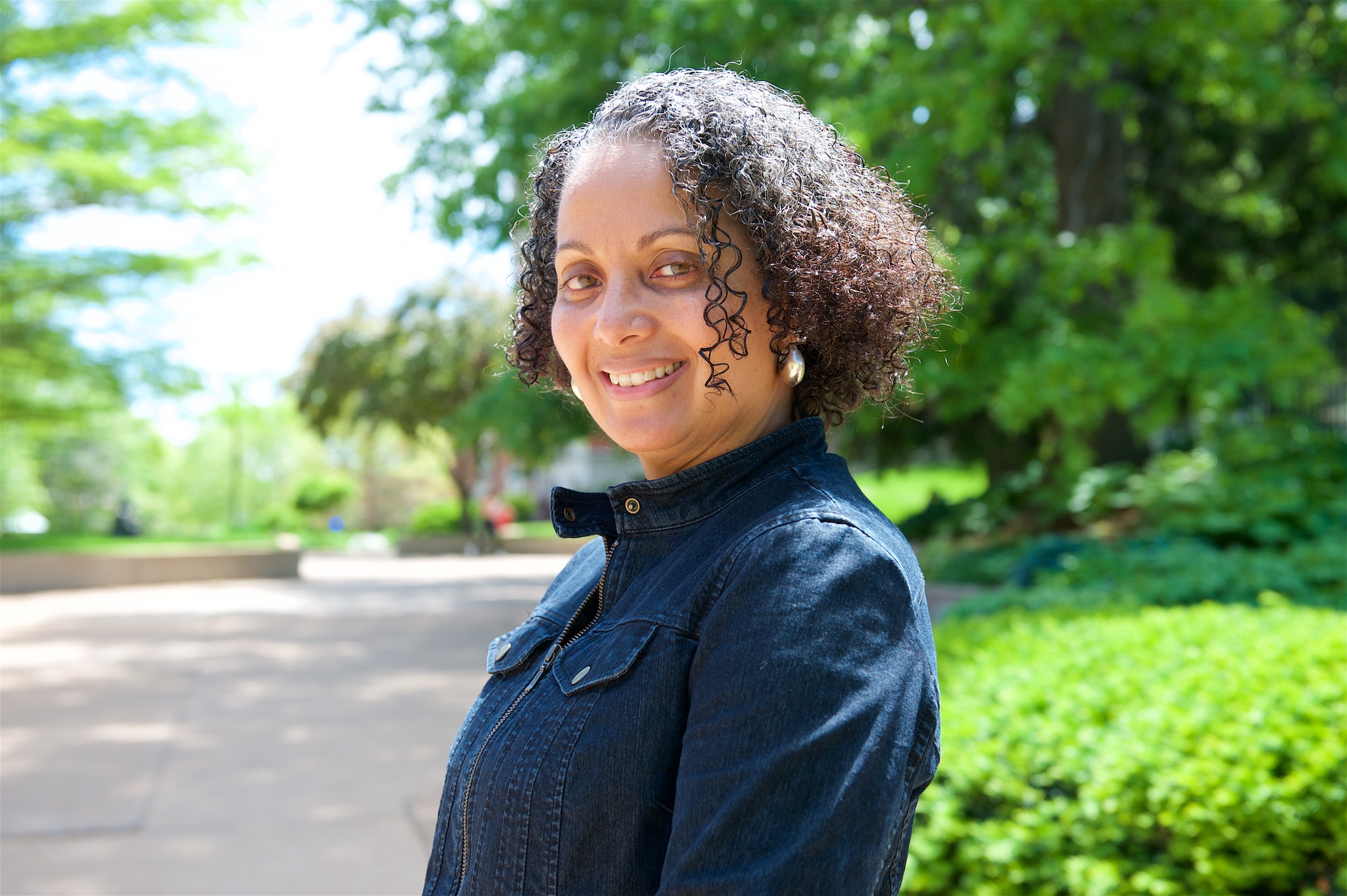
At Penn State, there’s a festival every year called Cultural Conversations. The last year I worked there, I worked with a good friend who’s a dance professor and the theme of the festival was at the intersection of the arts and health. We ended up making performance preparation into a class and had five days of stage work about racism, environmental injustice, cultural appropriation, body image, and all that stuff. And when you say things on stage, it hits different — it’s less threatening. Some people need that. Other people have that stamina and energy to tell the ones who don’t get it how to get it and why they should. It takes a whole audience segmentation type of approach. People need different messaging depending on who they are.
I’ve gone through my own bumps and bruises and I’ve figured out what things are sustainable and useful and what things are not. The best use of my time at this point in my career is for me to make more people get skin in the game as opposed to forcing them to. If you already have that and you want to do more of that, I want to work with those folks. And I also want to be with folks who can teach me how to have more skin in the game and be in certain spaces I haven’t had the privilege of being in. I feel like I have to balance between those folks who get it and making sure I put my efforts there and then helping other people get it, because I am an educator and the chair of the board of health. I have an obligation to make sure I give accurate information and somewhat inspire people who want to get it. So if you want to get it, I will help you get it.
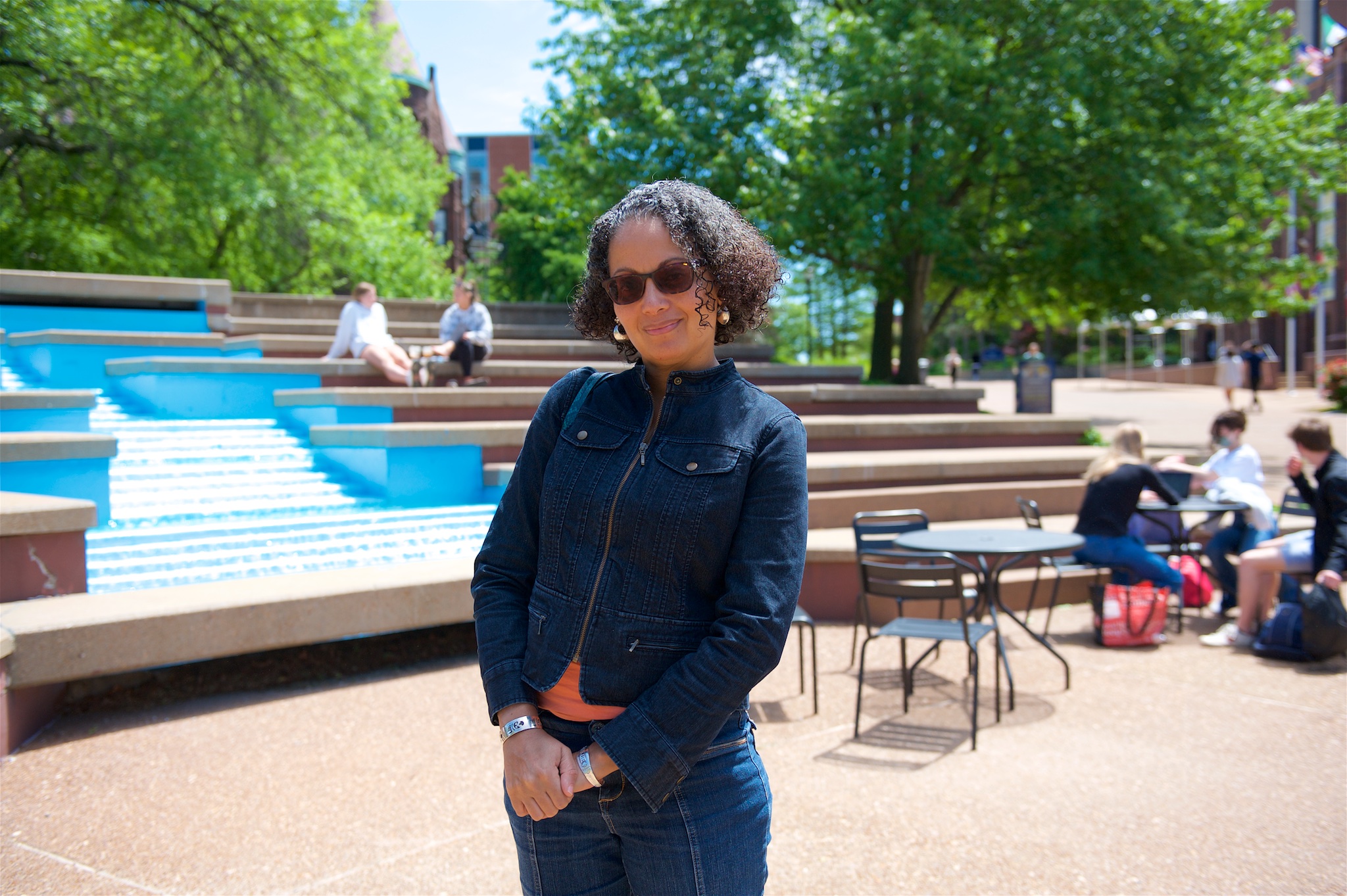
After George Floyd was murdered, I’d be in meetings and conversations like, "Are we just going to go back to business as usual where we’re not making any substantial changes and people are traumatized?" Maybe that DEI training you attended was good and I’m happy they’re happening, but it’s a dollar short and a day too late for everybody. It’s not enough. Because then Breonna Taylor happened. And Amhuad Arbury happened. And the massacre of Asian American women in Atlanta happened. These tragedies have continued to happen. So, when I hear "maybe the Black folks can help educate us," I have to say, "I can only represent my small subset of Black people. It’s hard to become culturally competent in anything. We can only develop cultural humility when we move throughout the world." When I go to different communities, I still don’t understand all the history and experiences of Black people in St. Louis because I’m not from here. I can go to a different area of town and still have a superficial idea of the Black experience even though I grew up Black. We have to go and learn about people’s experiences in the places they live. Go walk out of your office and look around at where you live and work and shop. There are opportunities for you to put some skin in the game and not just make it an academic exercise.
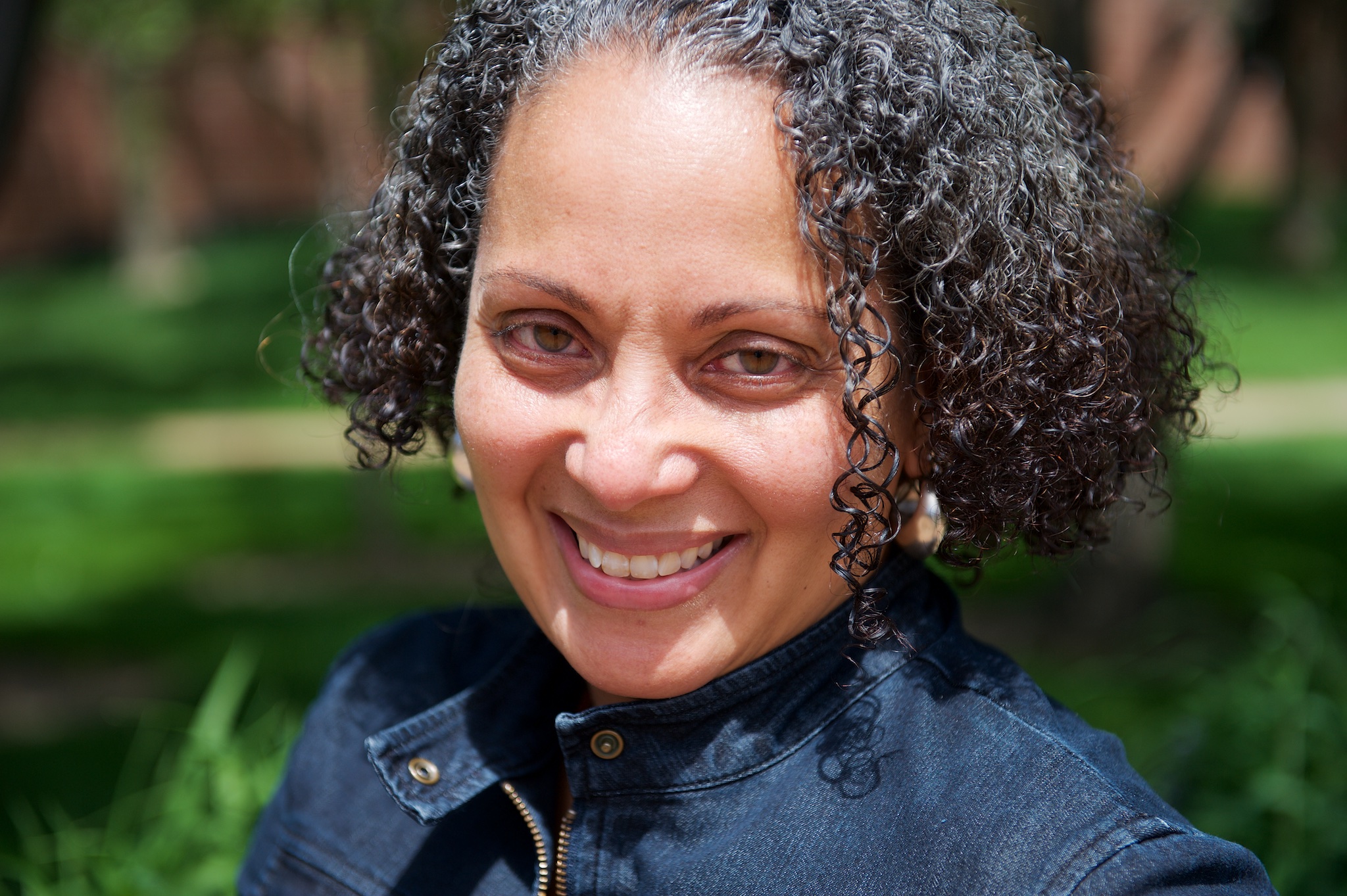 As a person of color who worked in a majority white institution, I can’t not interact with people who don’t look or think like me. When I move throughout the world, I don’t have that choice. But I love interacting with everybody. I’ve gotten to share meals with students from China, Vietnam, Jordan, and have been all over the U.S. And when you realize people are different than you, you enjoy it. So I like going to different restaurants and celebrations and events. I was upset that I missed Dr. Lee’s dragon dance performance. I don’t have any understanding of it that’s not textbook-based so I want to see it in person. This is also why people don’t understand health equity. You can’t have a full understanding of things that are social and psychological and spiritual in nature unless you have some personal experience. But many people see what’s in the media and what’s presented to us. It really requires us to move about the world differently or we’re not going to have that cultural fluidity or humility.
As a person of color who worked in a majority white institution, I can’t not interact with people who don’t look or think like me. When I move throughout the world, I don’t have that choice. But I love interacting with everybody. I’ve gotten to share meals with students from China, Vietnam, Jordan, and have been all over the U.S. And when you realize people are different than you, you enjoy it. So I like going to different restaurants and celebrations and events. I was upset that I missed Dr. Lee’s dragon dance performance. I don’t have any understanding of it that’s not textbook-based so I want to see it in person. This is also why people don’t understand health equity. You can’t have a full understanding of things that are social and psychological and spiritual in nature unless you have some personal experience. But many people see what’s in the media and what’s presented to us. It really requires us to move about the world differently or we’re not going to have that cultural fluidity or humility.
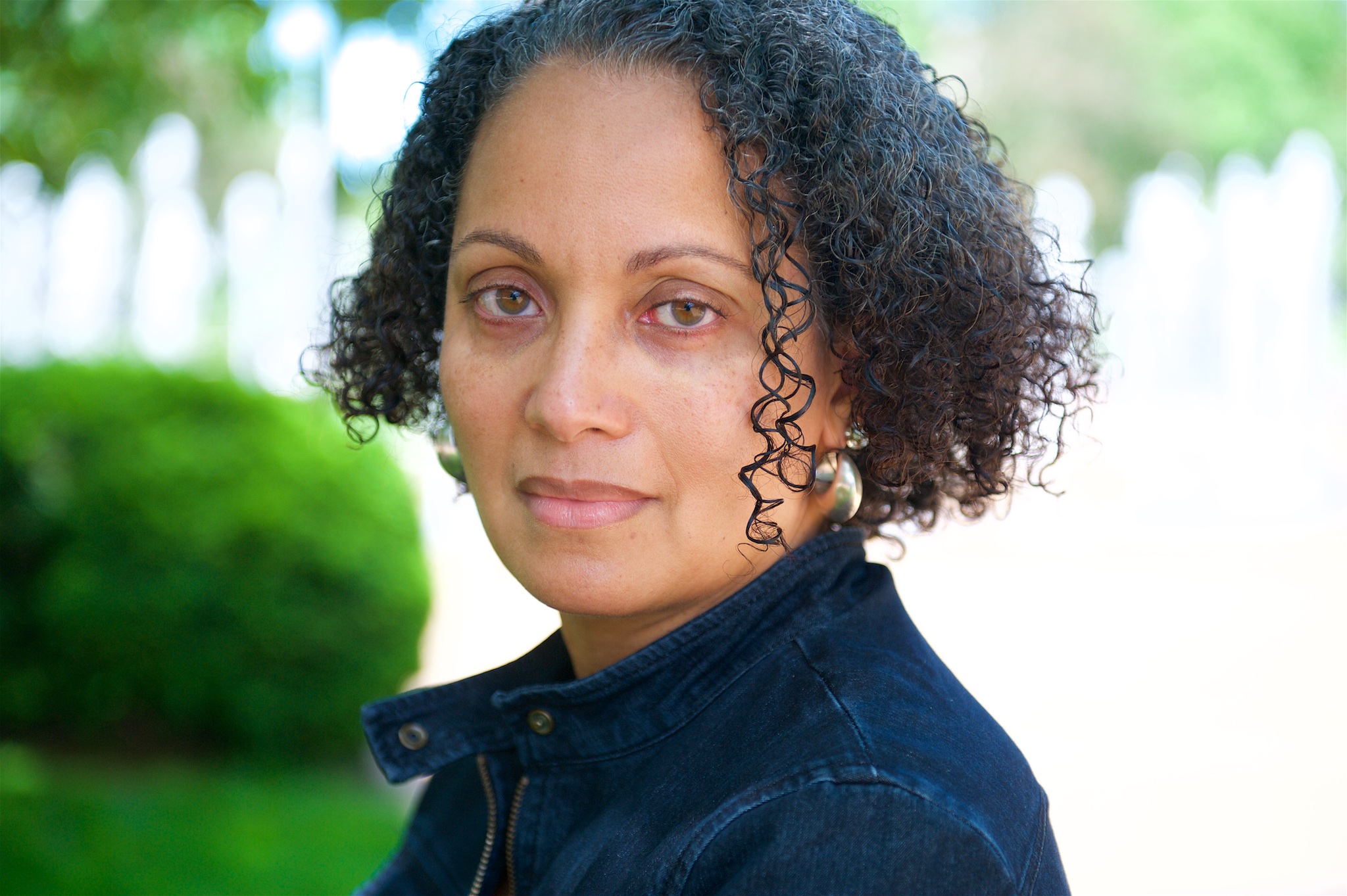 I’ve been working with some of the board of health team to figure out how we make sure we’re an equitable anti-racist institution from top to bottom and we’ve been talking about strategy. Whenever I hear things like us declaring racism is a public health issue, it makes me think of the first step of a 12-step program. Like, ‘I’ have an issue.’ So that’s the first step: ‘We have a problem with racism.’ Then you have to actually see if you’re going to address the issue. And how are you gonna do that? So I respect the fact that we are at, ‘We have a problem and it’s called racism.’
I’ve been working with some of the board of health team to figure out how we make sure we’re an equitable anti-racist institution from top to bottom and we’ve been talking about strategy. Whenever I hear things like us declaring racism is a public health issue, it makes me think of the first step of a 12-step program. Like, ‘I’ have an issue.’ So that’s the first step: ‘We have a problem with racism.’ Then you have to actually see if you’re going to address the issue. And how are you gonna do that? So I respect the fact that we are at, ‘We have a problem and it’s called racism.’
Now we just need to operationalize it, which requires funding as well as buy-in from those who understand these principles. It also has to be part of the onboarding and the culture. I’ve said, ‘I’ve served as references for students who graduated from SLU to get jobs in public health and nobody’s ever asked me about their commitment to equity, health equity, or anti-racism when asked about their character or whether I’d refer them for the position.’ If it’s not an expectation in your interview process, it’s going to be harder to manage that later. And it’s possible to have those conversations because resources exist for that. I always tell health organizations too, ‘DEI positions can’t be voluntary. Is your quality control manager voluntary? It has to be part of your business model and organizational strategy.’
In the health department, even we see where equity can be infused and how. We’re on a good path in that way. But with that 12-step process, you need resources. Like in a twelve-step program, you need a sponsor. It requires all this stuff to get it done. It takes effort. And you have to think in a compassionate and systematic way.
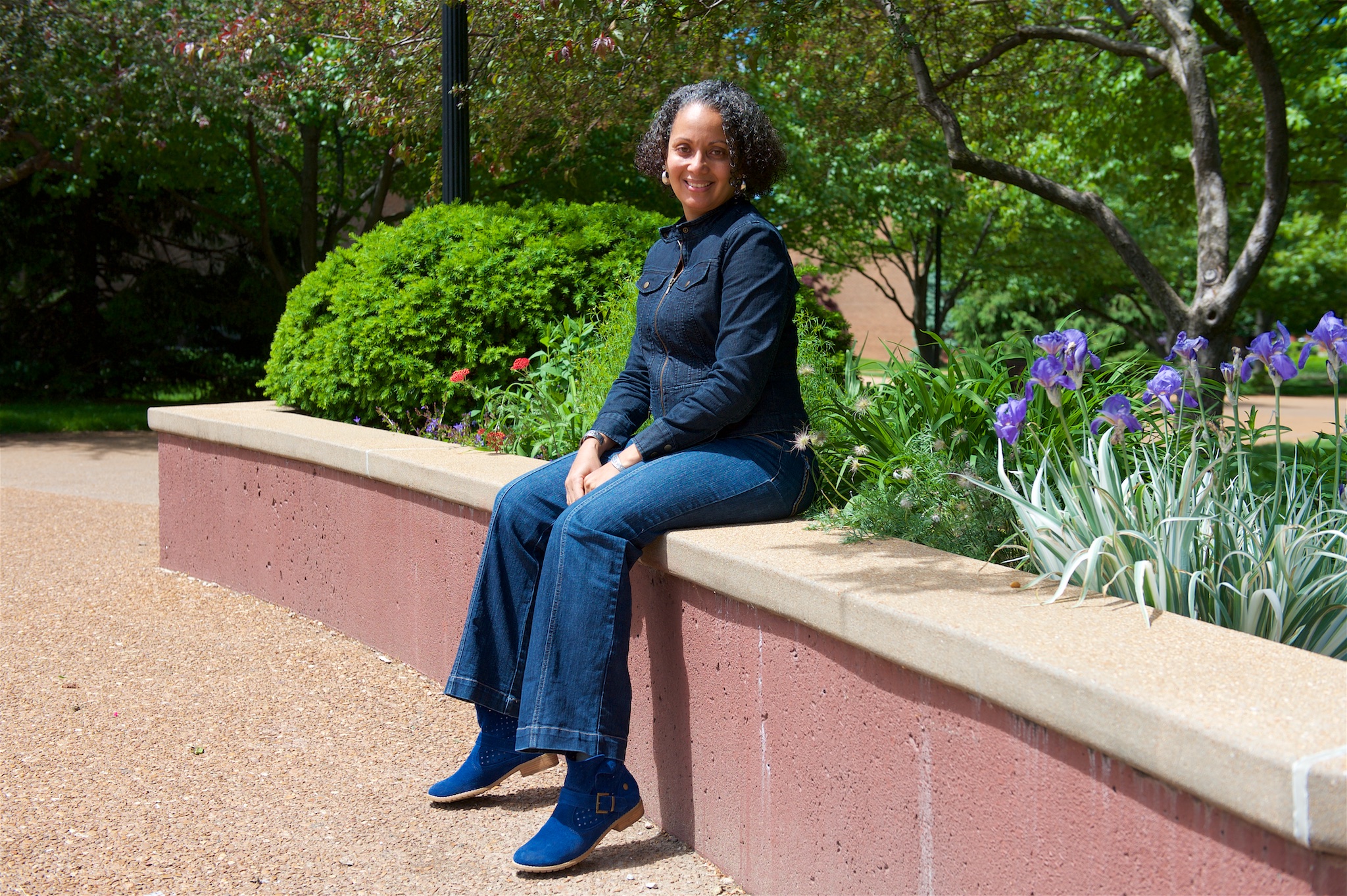
As a health equity researcher, I enjoy the nerdiness of the science and I don’t want to say it’s not joyful working in public health. But I always have a bit of conflict about this because I make a living off of other people’s problems. When I hear, "St. Louis is a great place to be a health equity researcher," it sounds kind of sick. I want health disparities to go away so that I can be "put out of business." I would say joy comes in other areas, like with my kids and my friends and making social connections. That’s fulfilling. But there’s no joy in a whole bunch of people dying because of COVID or people not having access to healthy food or safe housing. There’s a lot of discourse in academia like, "Health disparities and health equity — we’re gonna have a poster session." In full honesty, I don’t think I’m wired like many academics. If I could make enough money to support my yarn and metalsmithing habits and a little bit of travel, I could do all my health equity work as a volunteer and I’m good. I’m grateful for my job and I understand the power of it, but it’s really all about the community. As long as I can serve the community, it doesn’t matter where I work.
Interview and photography by Lindy Drew / Humans of St. Louis
Help Us Improve This Page
Did you notice an error? Is there information that you expected to find on this page, but didn't? Let us know below, and we'll work on it.
Feedback is anonymous.
